- Government of Montenegro
Ministry of Education, Science and Innovation Minister Damjanović at the Sofia Conference: Inter...
Please note: The page below represents the archived content relating to the previous Government of Montenegro. Some of the information might be inaccurate or outdated.
Archive
Minister Damjanović at the Sofia Conference: International Institute is a solution to challenges in the region
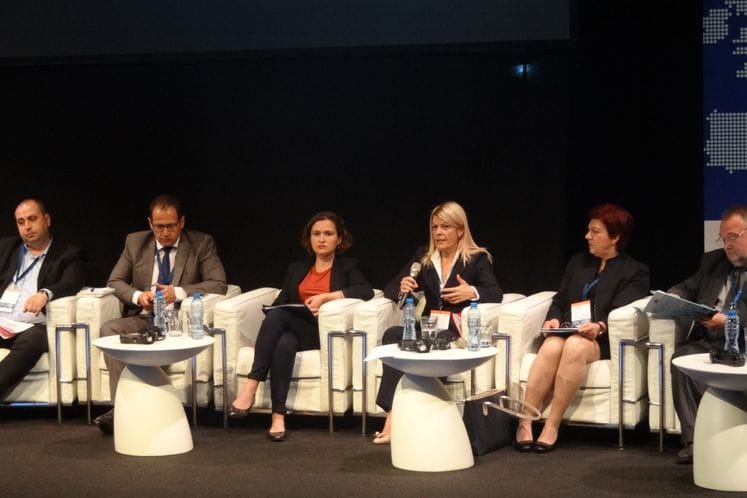
Published on: May 9, 2018 • 1:45 PM Author: Ministry of Science
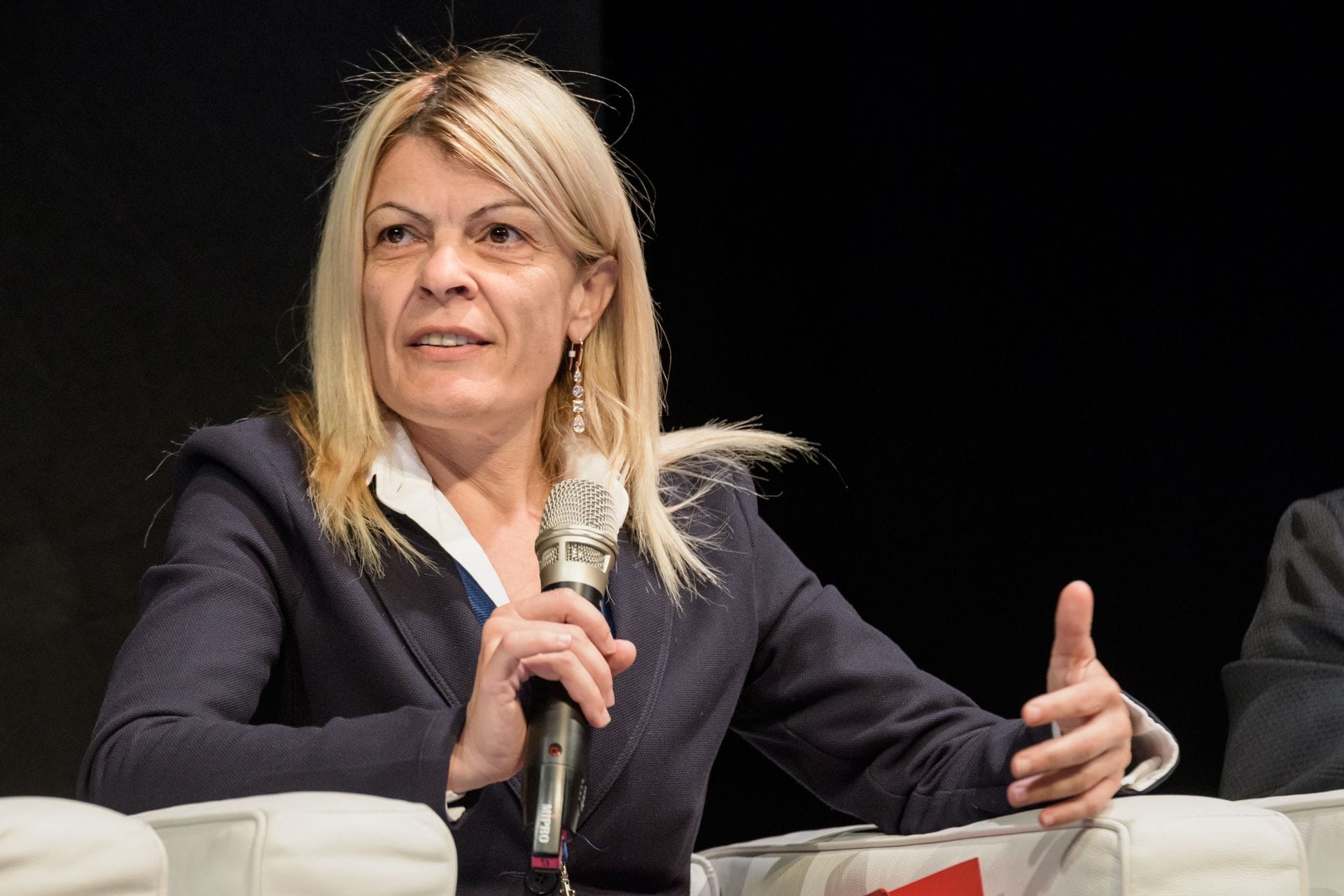
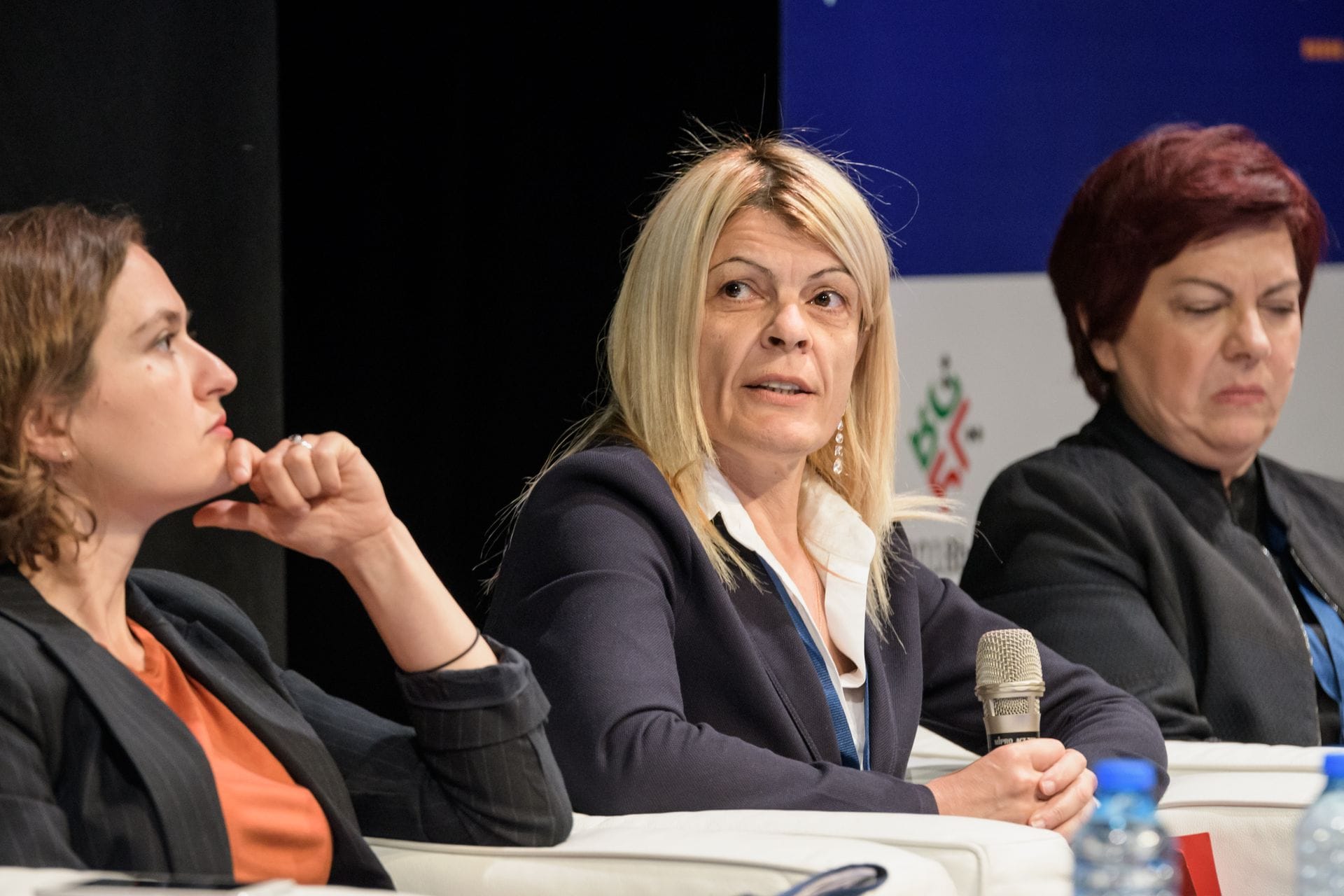
Minister of Science Dr. Sanja Damjanović has taken part in the high-level conference entitled “Smart Specialization and Technology Transfer as Innovation Drivers for Regional Growth”, organized by the Directorate-General Joint Research Centre of the European Commission (JRC) on 3-4 May in Sofia, Bulgaria, under the auspices of Bulgarian Presidency of the Council of the European Union. The conference has gathered policymakers and scientific and business community, to discuss the main challenges and opportunities in the countries of South-East Europe.
The Minister has addressed those present in the panel entitled “Statements on Opportunities and Challenges in the Region: The Innovation Roadmap”, which was chaired by Christian Danielsson, Director-General in the Directorate-General for Neighbourhood and Enlargement Negotiations (DG NEAR) of the European Commission, stating in her introductory address that the Western Balkans region had periods of intensive technological development, making a scientific contribution at the European level, but that conflicts and the transition period have stopped its further progress. For this reason, according to her, the majority of scientific institutions have encountered the problem of significant brain-drain in the last decades.
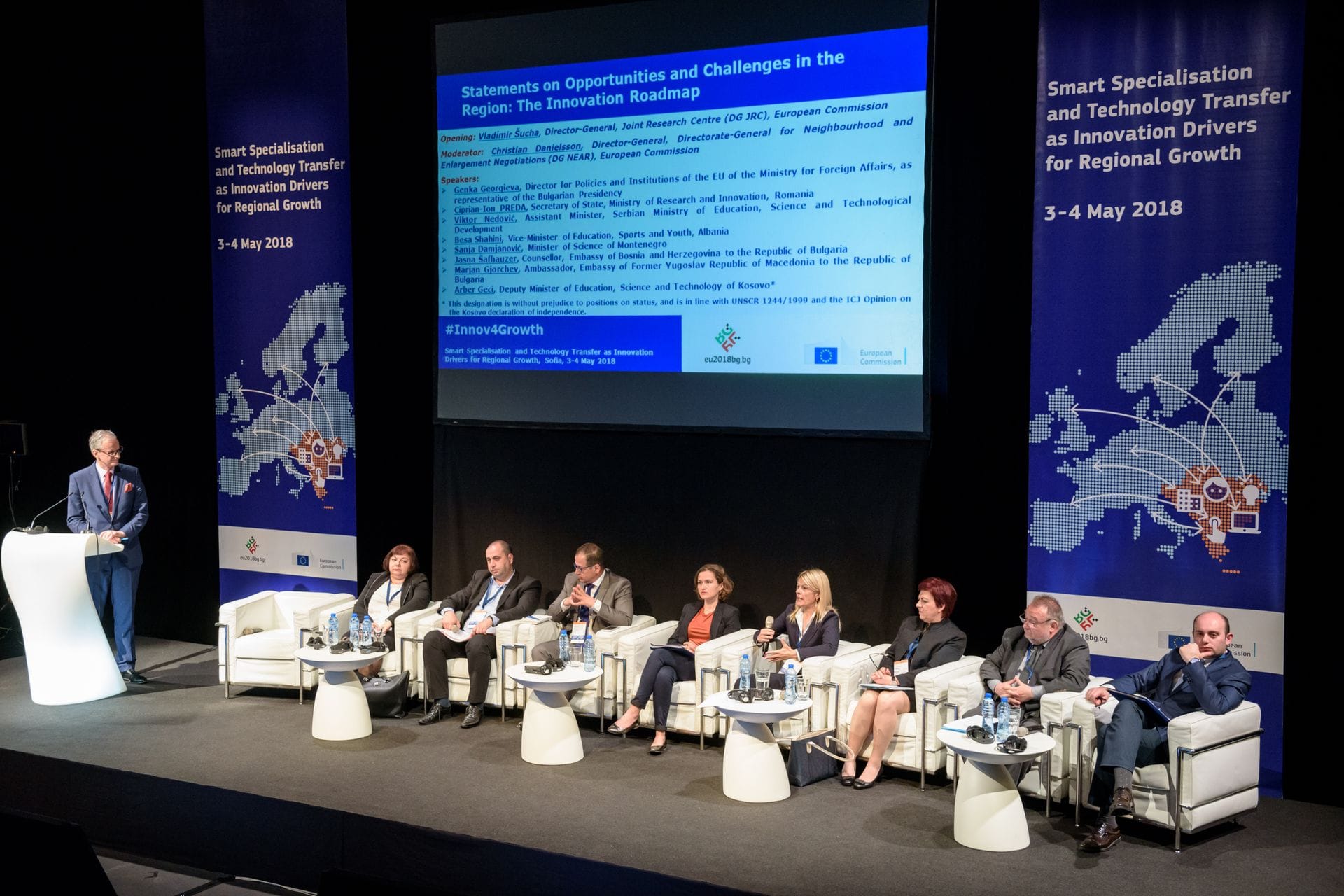
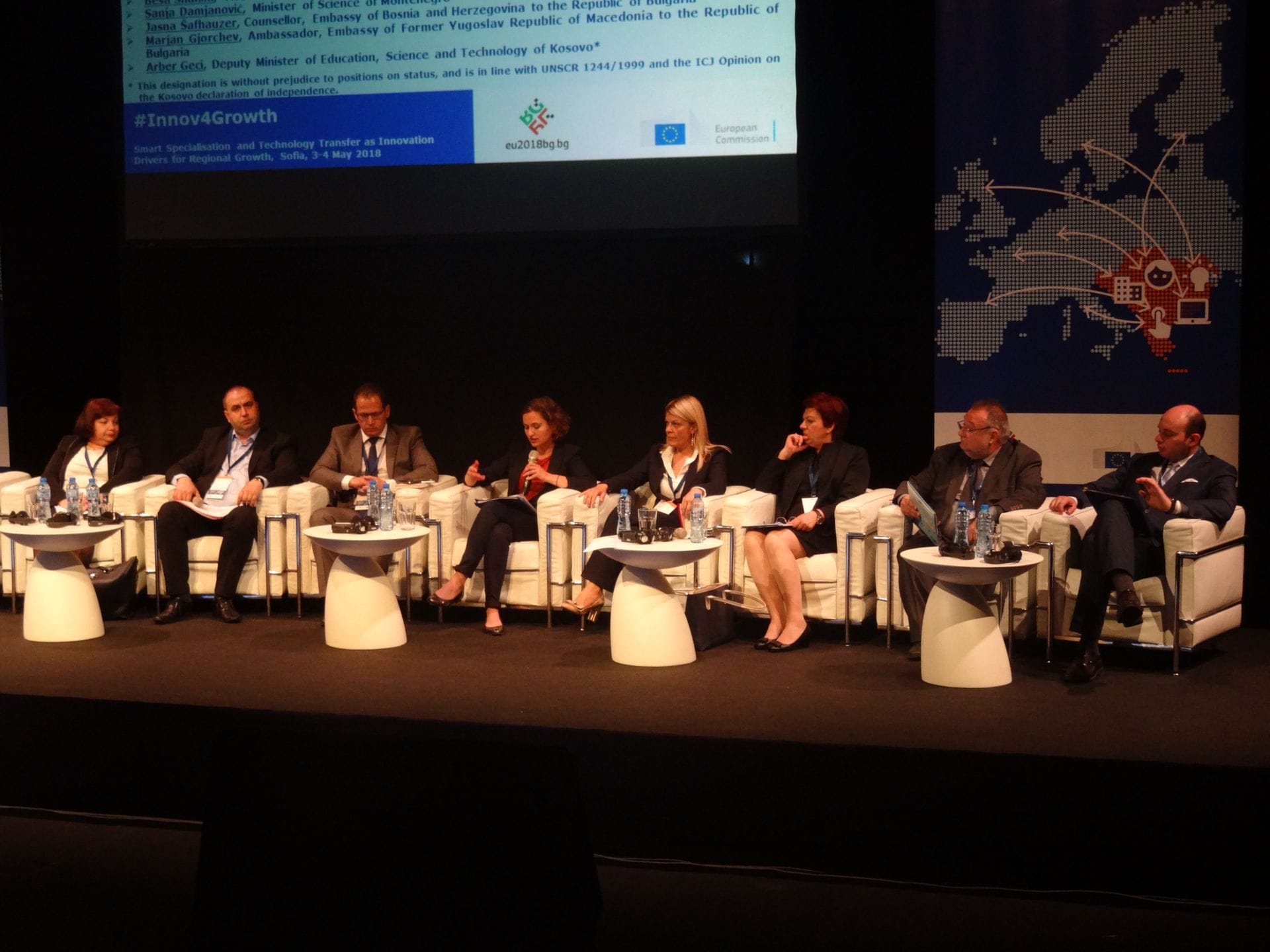
The solution to the challenges faced not only by Montenegro, but also by the entire region, is to establish a scientific-research infrastructure based on state-of-the-art technology, which would follow through the implementation of the Regional Project of South-East Europe International Institute for Sustainable Technologies, Minister Damjanović said.
The minister informed participants of the panel that the Steering Committee of the Institute had selected, at its last session, Hadron Cancer Therapy and Biomedical Research with Protons and Heavy Ions as the option for the Institute. Hadron therapy is the most modern and most successful method for treating a large number of different cancer types today, and it would imply engaging about 1,000 researchers on this project. At the same time, the project would be unique in the world, as the Institute would devote 50 percent of its operating hours to research. This infrastructure would greatly enhance cooperation between science and economy, as well as cooperation of countries in the region, the minister said.
Reflecting on the Smart Specialisation Strategy, Minister Damjanović said that the adoption of the document was a very useful and important process that would help prevent further fragmentation of the limited resources, direct scientific-research teams and point to the development opportunities, especially as there would be significant national and EU funding sources.
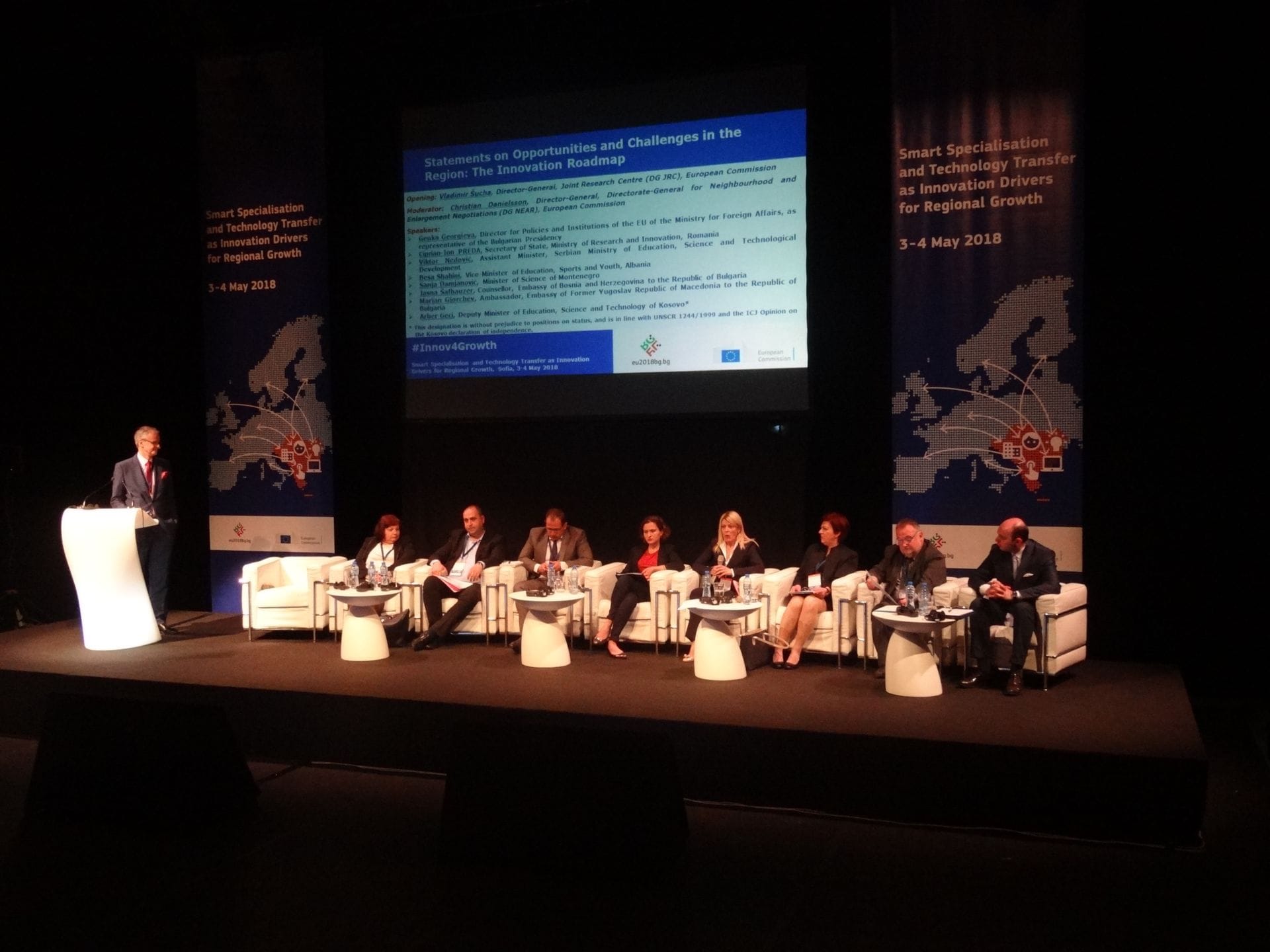
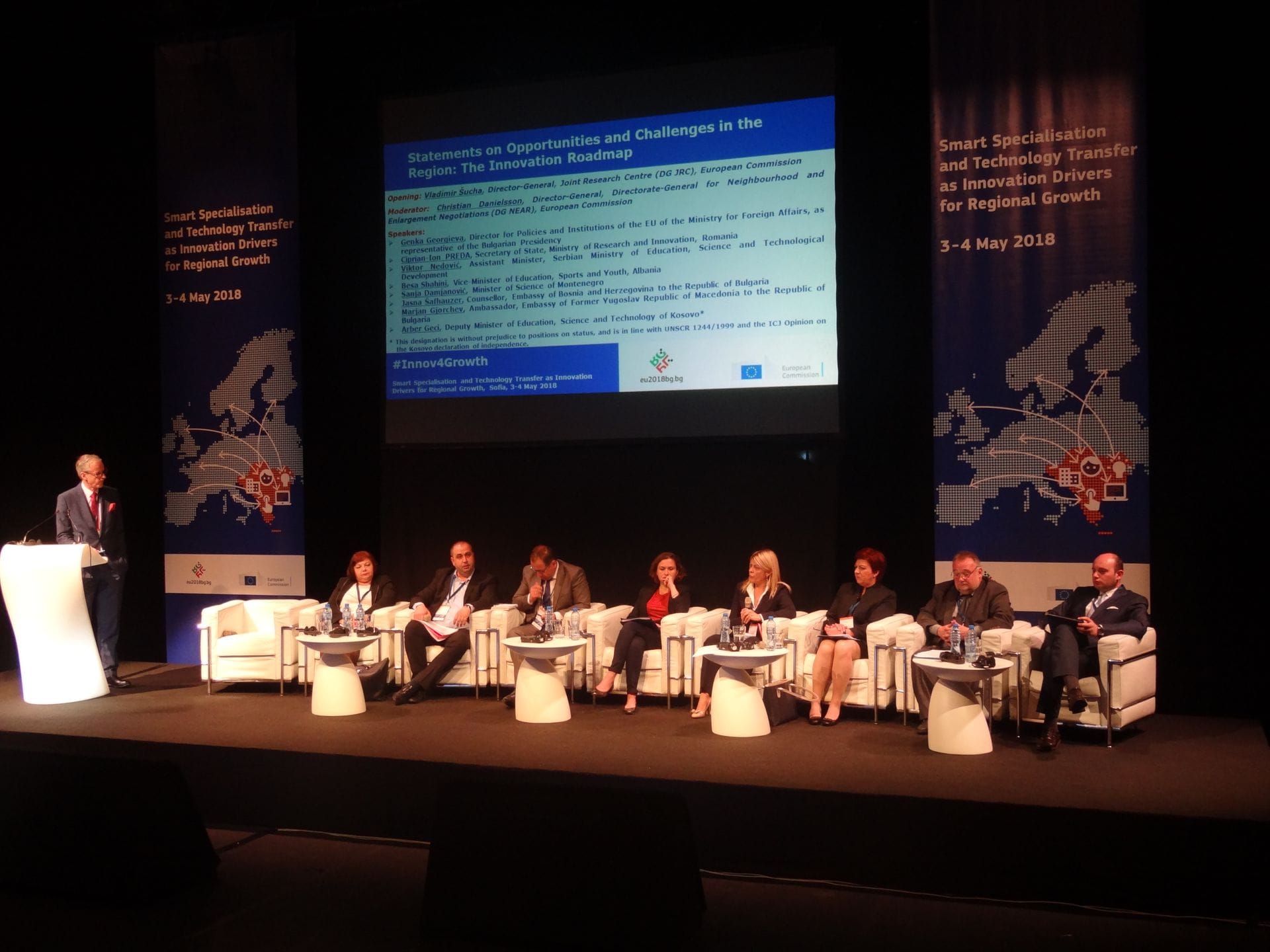
Therefore, as she assessed, there is a need for a well-founded and methodologically developed S3 Strategy that would be a guideline for our efforts in the research and innovation segment, as well as a path for investors, for the purpose of successful financing.
Damjanović said that the activities on the preparation of the Smart Specialisation Strategy were underway, and that Montenegro had received the support of the European Commission’s Joint Research Centre (JRC) for its development, having already joined the JRC S3 Platform. Montenegro has identified 46 economic areas in which the country is specialised, and efforts are now invested in entrepreneurial disclosure, in order to identify new opportunities that would be recognized by companies as development opportunities.
Finally, the conference participants concluded that investment in research, innovation and human capital was a key priority for business stimulation and growth, especially in the context of the digital economy. At the same time, the EU’s enlargement to the Western Balkans remains on the agenda with a special focus on fostering progress towards EU membership, inclusive regional cooperation and promoting socio-economic development.
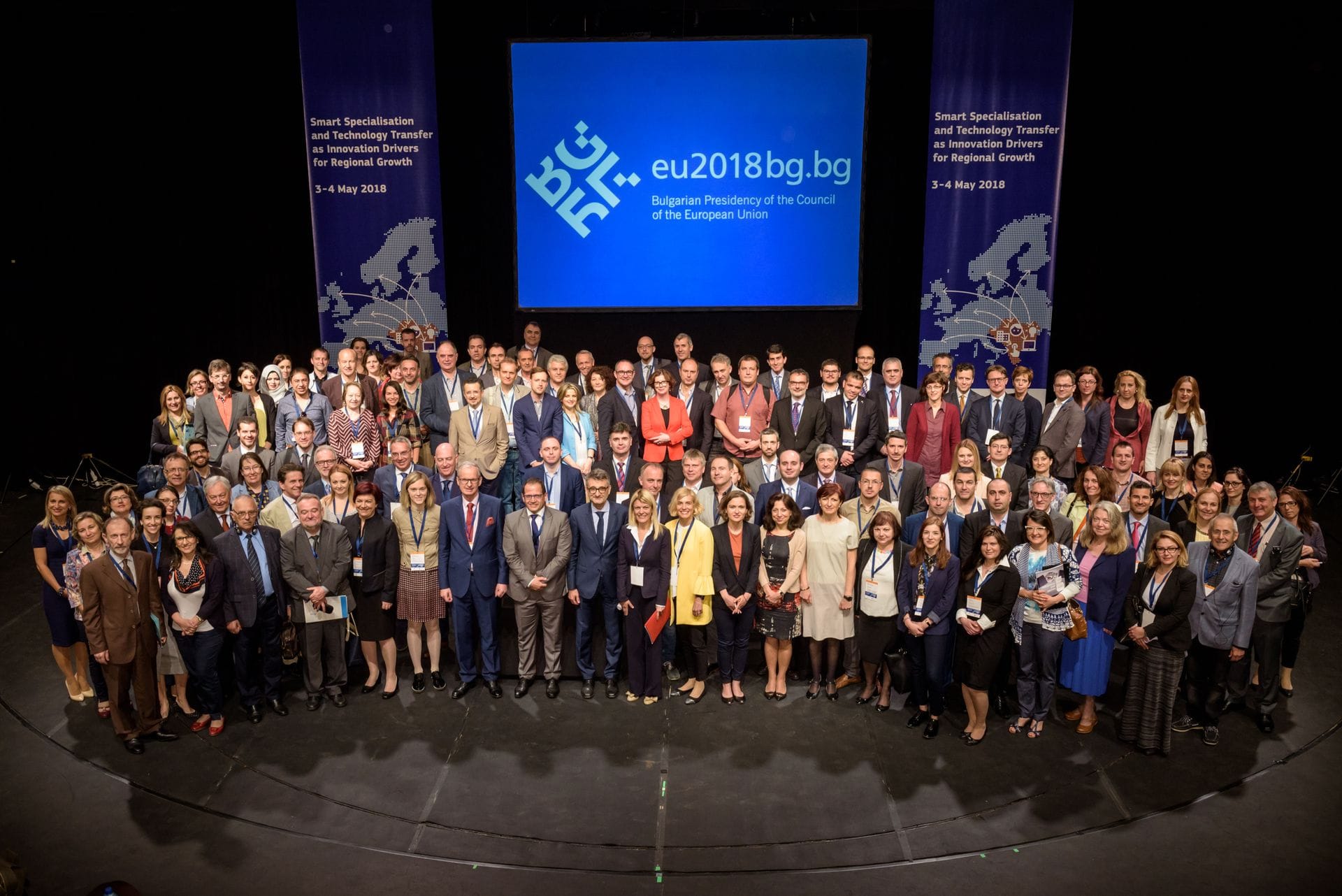
In addition to Minister Damjanović, the panel participants were also Genka Georgieva, Director at the European Union Policy and Institutions Directorate of the Ministry of Foreign Affairs of Bulgaria, Ciprian-Ion Preda, Secretary of State at the Ministry of Research and Innovation of Romania, Viktor Nedović, Deputy Minister of Education, Science and Technological Development of Serbia, Besa Shahini, Deputy Minister of Education, Sports and Youth of Republic of Albania, Jasna Šafhauzer, Adviser in the Embassy of Bosnia and Herzegovina in Bulgaria, Marjan Gjorchev, Ambassador of Republic of Macedonia to the Republic of Bulgaria and Arber Geci, Deputy Minister of Education, Science and Technology of Kosovo.
On the sidelines of the conference, Minister Damjanović also met with Mr. Vladimir Šucha, Director-General of the European Commission’s Joint Research Centre and Ms. Gordana Grković, Director of Science Technology Park Belgrade.
Related articles:
Request for prequalification Jan 17, 2025
Is this page useful?
